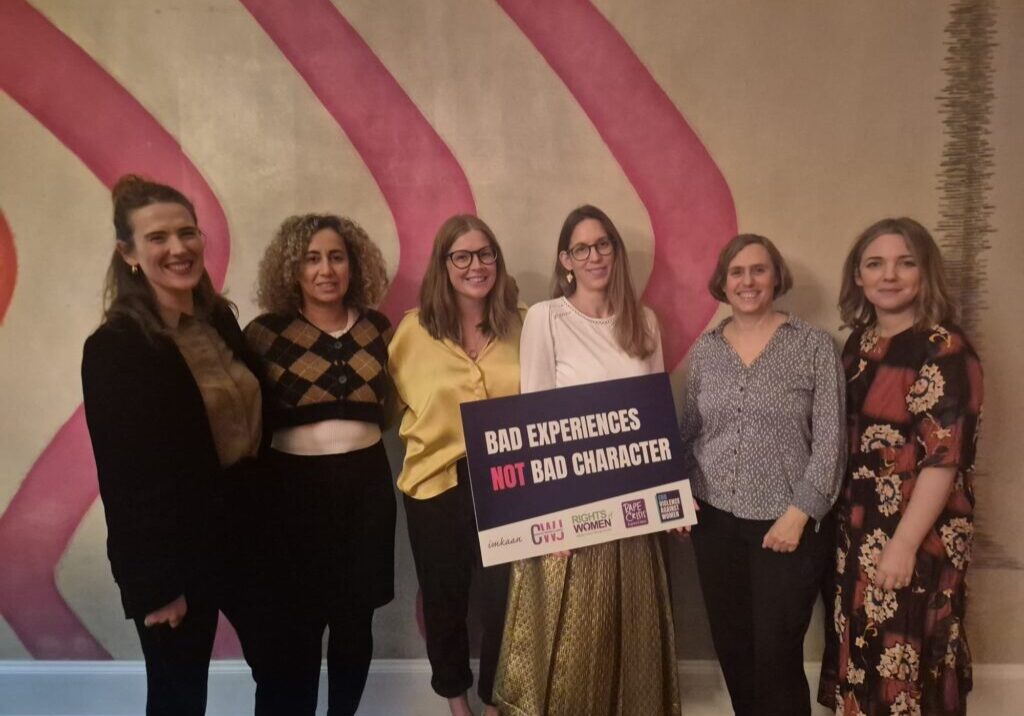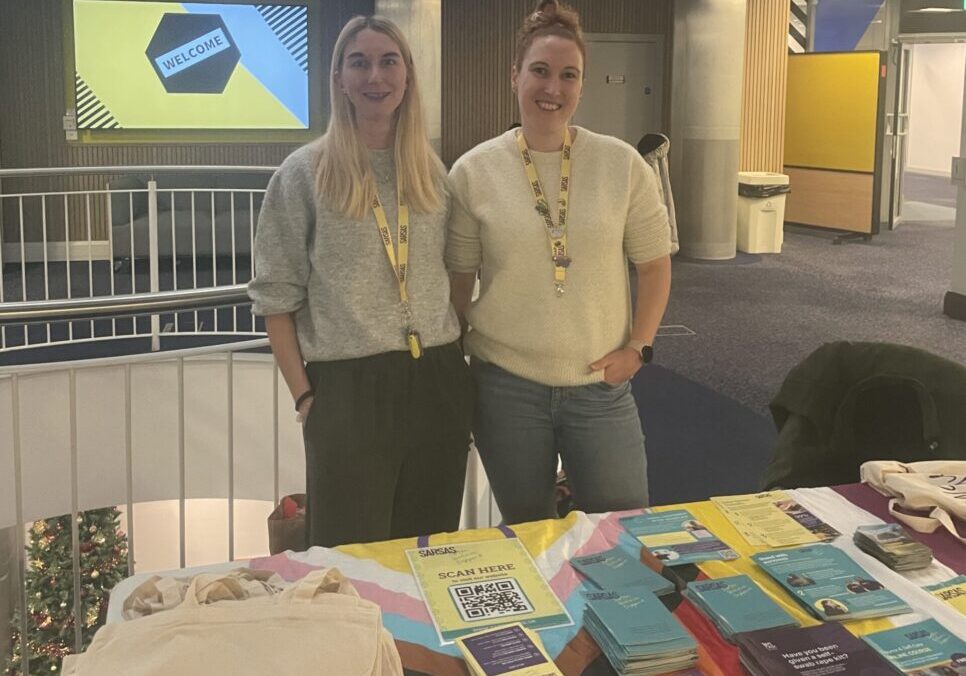
Sarah’s Law
A law for anyone who wants to find out if a person who has contact with a child, has a record of child sexual offences.
What is Sarah’s Law?
Sarah’s Law, or the Child Sex Offender Disclosure Scheme allows parents, carers and guardians to ask the police to tell them if someone has a criminal record for child sexual offences.
If police checks show the individual has a record for child sexual offences, or other offences that might put the child at risk, the police will consider sharing this information.
The police will only consider telling the person best placed to protect the child – usually a parent, carer or guardian – if the person being checked has a record of child sexual offences or other offences that indicate they may pose a risk to a child. The police will disclose information only if it is lawful, necessary and proportionate to do so in the interests of protecting the child, or children, from harm.
How do I put in an application?
You can do this in person at your local police station or by calling 101.
What happens when an application is put in?
The police will assess if the person named in the application is a threat to the children based on previous child sex abuse convictions.
If the subject has convictions for sexual offences against children, poses a risk of causing harm to the child concerned and disclosure of this is necessary to protect the child, this information will be given to the those who are the immediate care givers for the child e.g. a parent, carer or guardian. Disclosure may not always be to the original applicant.
Checks should be completed to ensure that there is no immediate risk of harm to the particular child or children within 24 hours of the report.
Will the subject know they are being checked out, and who asked for the check?
No they will not be told that they are being checked out unless a disclosure takes place. If a disclosure does take place the subject may be informed that someone is going to receive a disclosure about them.
If you are worried that your child might be at risk of abuse, there is lots of information on the Parents Protect website.













